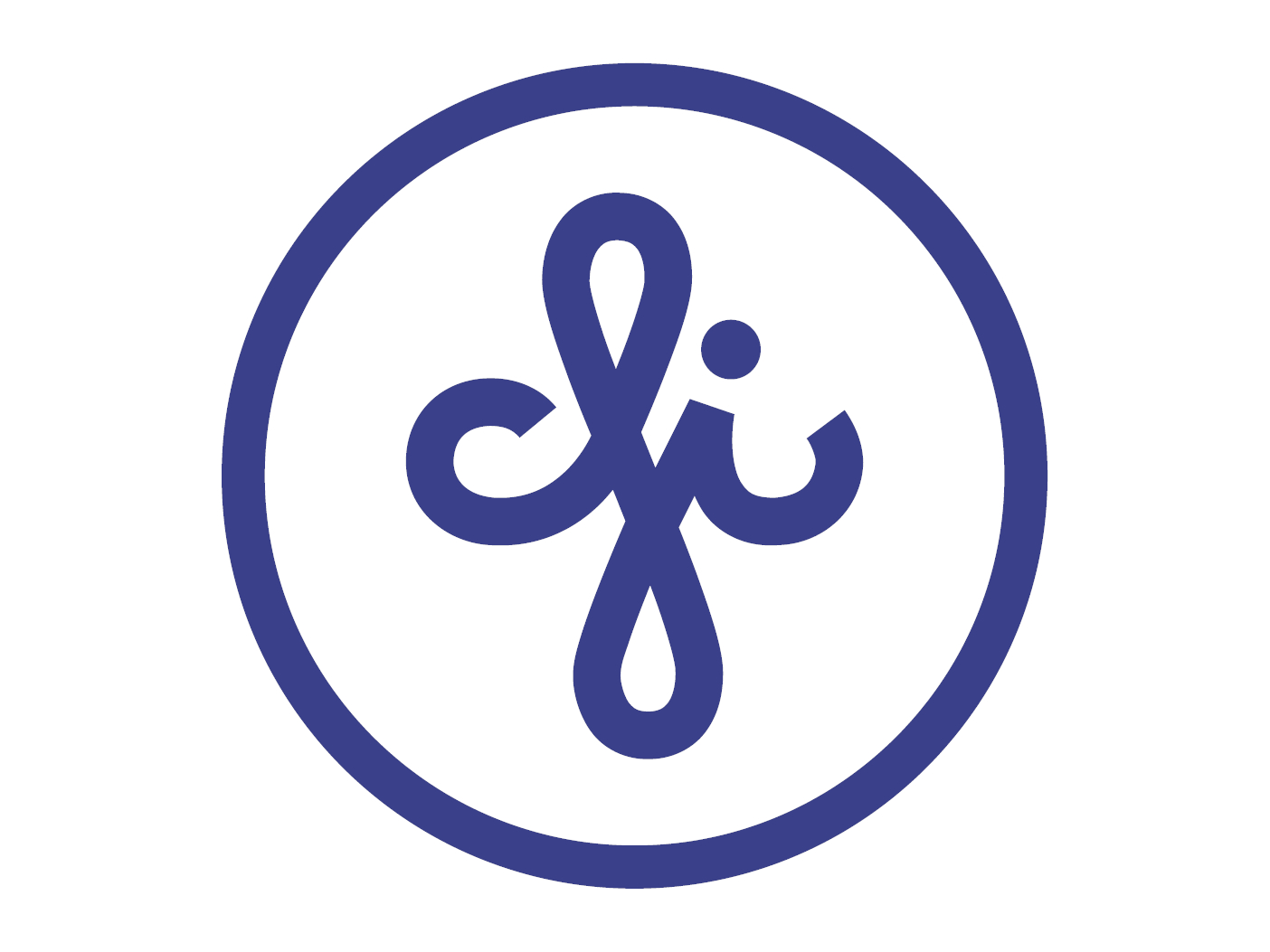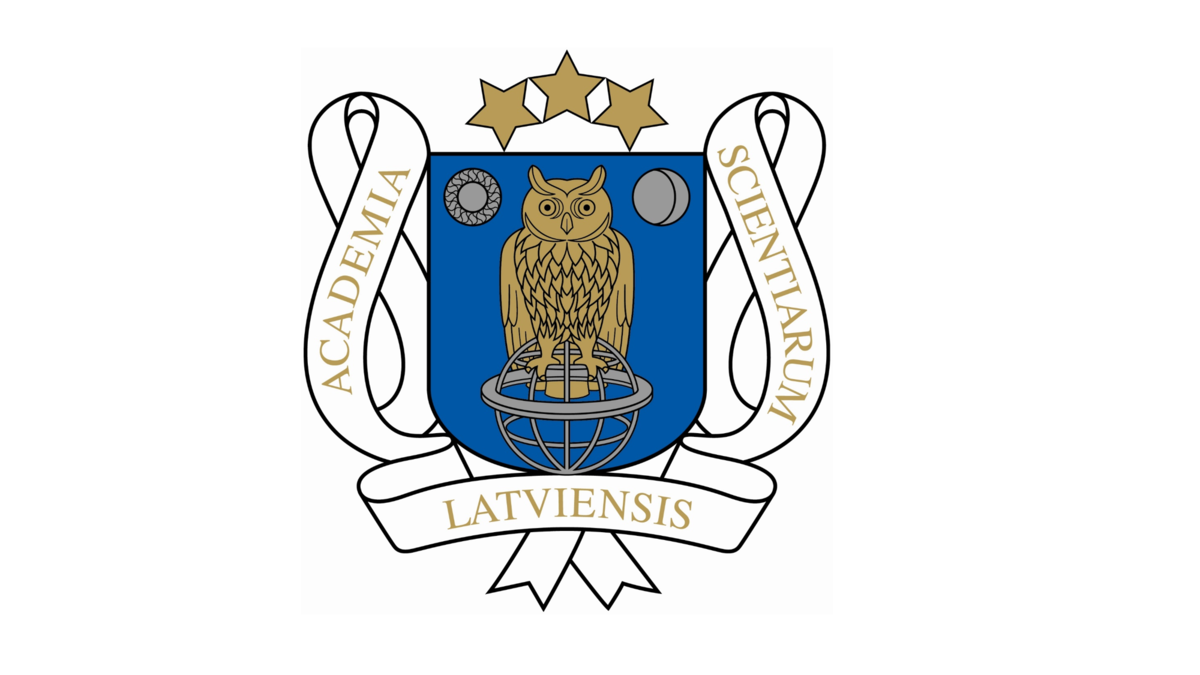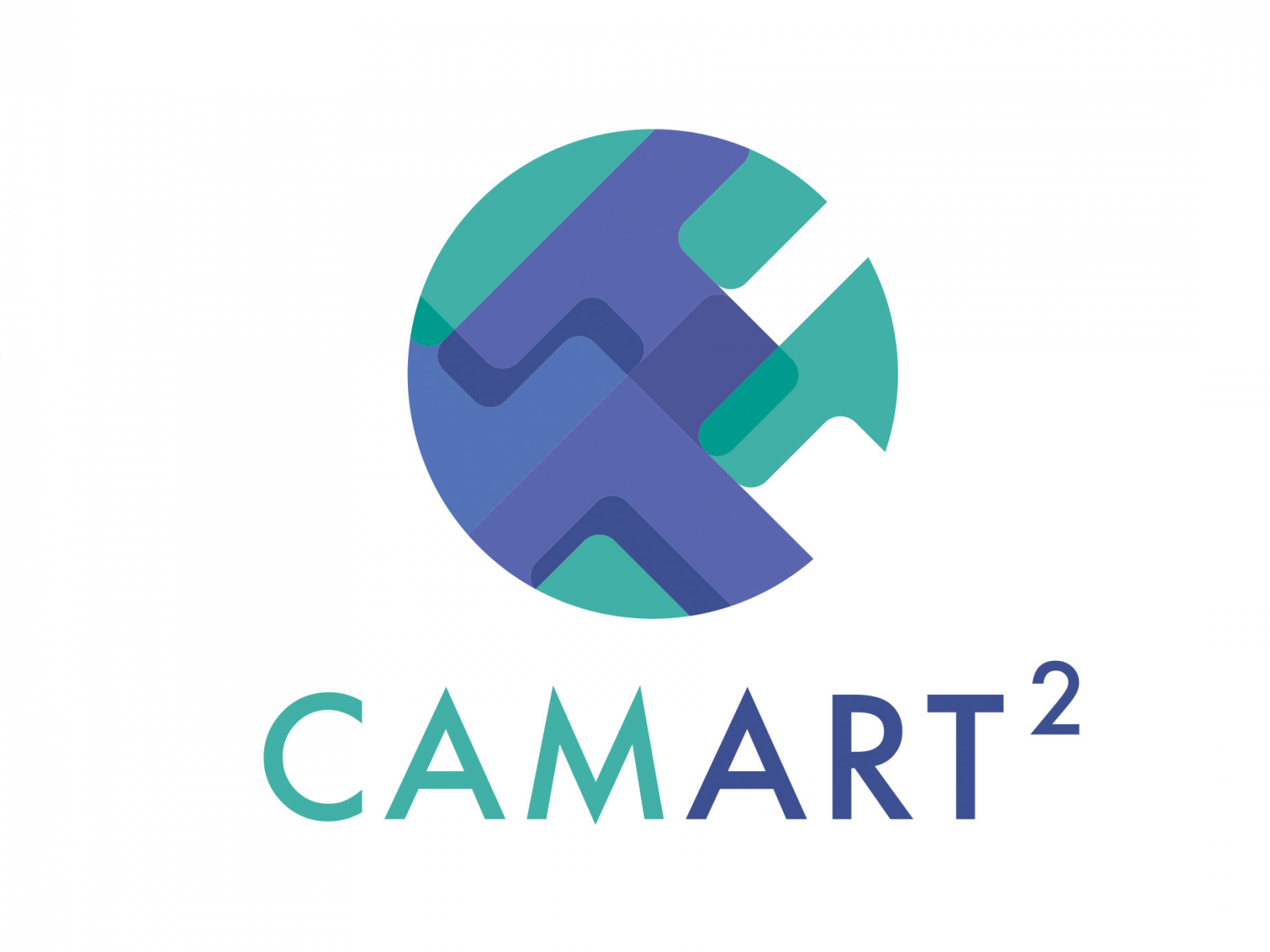The 39th scientific conference of the ISSP UL was held at the institute from 28 February to 2 March 2023. During the three-day event, the attendees could listen to 79 presentations given mainly by the young generation of researchers and students. The event also saw some participants from the KTH Royal Institute of Technology (KTH), a CAMART2 partner organization.
The first day of the conference was devoted to micro and nanofabrication, organic materials, and materials for energy applications. The day was opened by the director of KTH Electrum Lab, Nils Nordell, whose presentation was devoted to Electrum lab and its role in science and innovation. The audience could listen to 16 presentations.
On the conference’s second day, the audience could listen to 16 presentations in structure and morphology, theory and modelling, and thin films/nanomaterials. The opening presentation, “Local atomic structure of ZnS:M (M=Mn, Cu) nanoparticles probed by x-ray absorption spectroscopy”, was from the leading researcher and head of the ISSP UL’s EXAFS Spectroscopy Laboratory, Dr. Phys. Alexei Kuzmin.
On the conference’s closing day, the first speaker was the leading researcher from the Laboratory of Optical Materials, Dr. Habil. Phys. Linards Skuja. He gave a presentation on “Fluorine-related paramagnetic point defects in SiO2 glasses”. Other participants of this day presented their findings related to the fields of optical materials, equipment and devices, and thin films/nanomaterials. The conference was closed by the presentation “Design and fabrication of photonic crystal surface-emitting lasers for telecom and sensing” by a doctoral student from the KTH Royal Institute of Technology Department of Electrical Engineering, Olof Sjödin. There was a total of 17 presenters.
The ISSP UL’s Scientific Conference is an annual event taking place within the frame of the annual Scientific Conference of the University of Latvia in February. The conference is where researchers discuss their research directions and share their achievements. It aims to inform colleagues about the achievements of the ISSP UL’s laboratories, look for cooperation opportunities, and train the presentation skills of students and young scientists.



